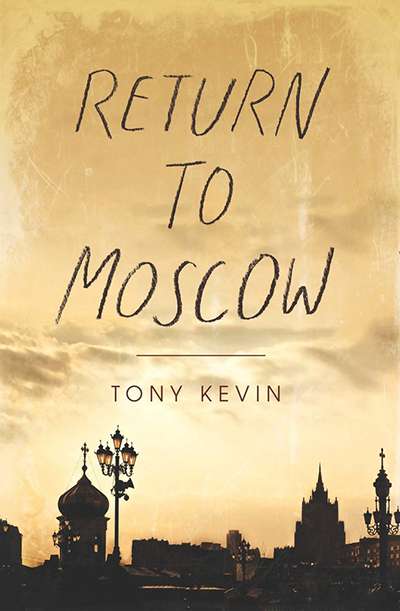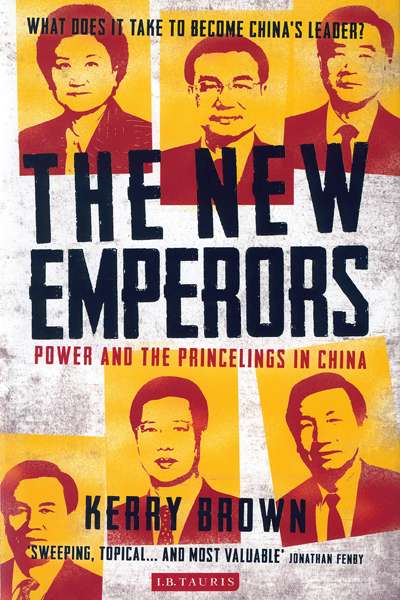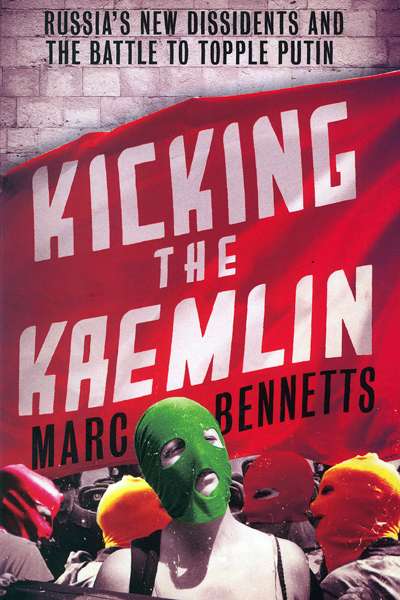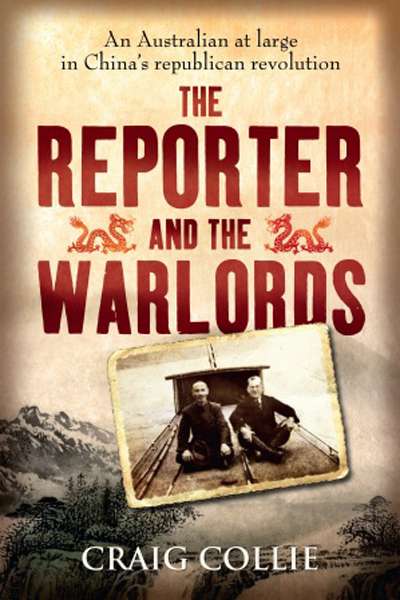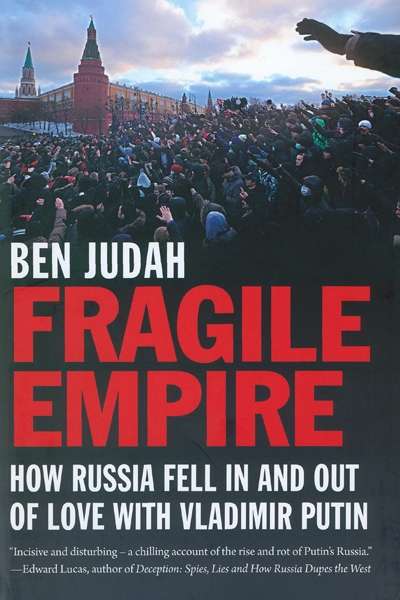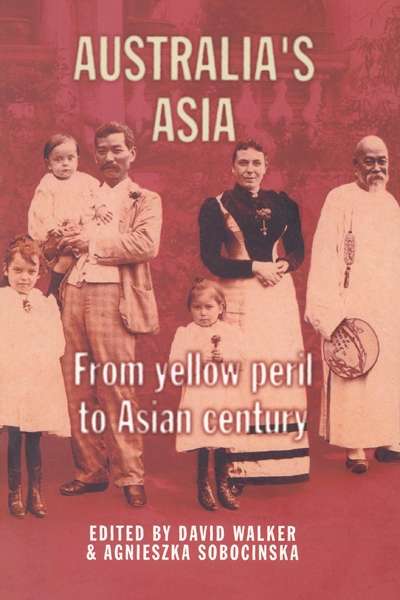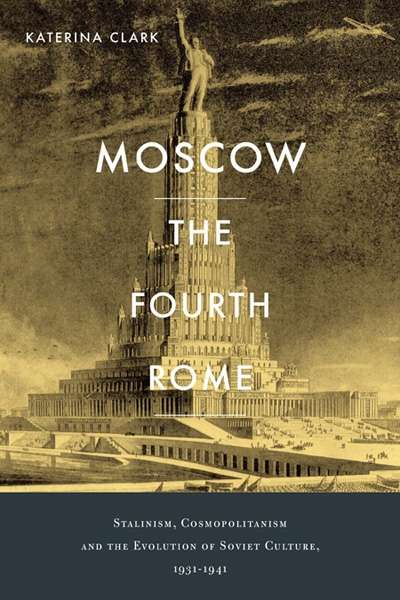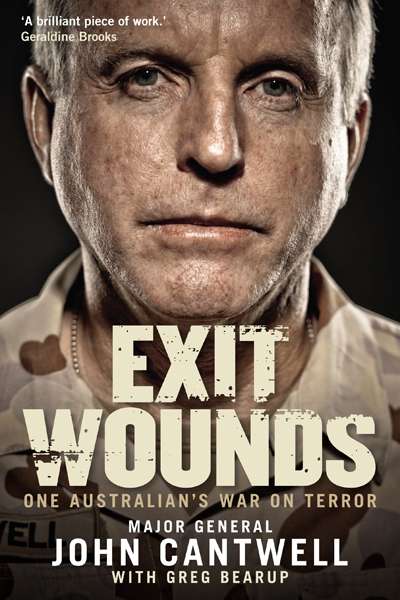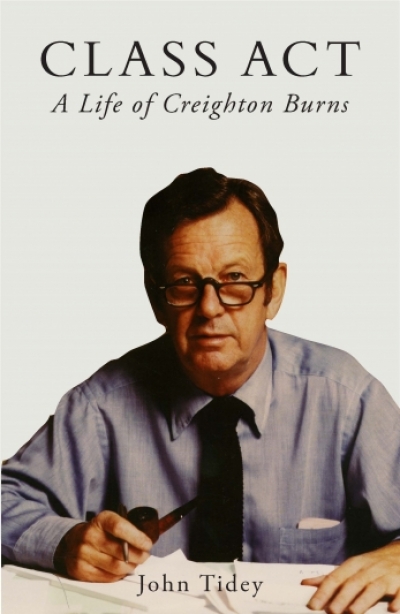Nick Hordern
The New Emperors: Power and the princelings in china by Kerry Brown
by Nicholas Hordern •
Kicking the Kremlin by Marc Bennetts & Putin and the Oligarch by Richard Sakwa
by Nicholas Hordern •
The Reporter and the Warlords: An Australian at Large in China’s Republican Revolution by Craig Collie
by Nicholas Hordern •
Fragile Empire: How Russia Fell in and out of Love with Vladimir Putin by Ben Judah
by Nicholas Hordern •
Australia’s Asia: From Yellow Peril to Asian Century edited by David Walker and Agnieszka Sobocinska
by Nicholas Hordern •
Moscow, the Fourth Rome: Stalinism, Cosmopolitanism, and the Evolution of Soviet Culture, 1931–1941 by Katerina Clark
by Nicholas Hordern •
Exit Wounds: One Australian’s War on Terror by John Cantwell with Greg Bearup
by Nicholas Hordern •

